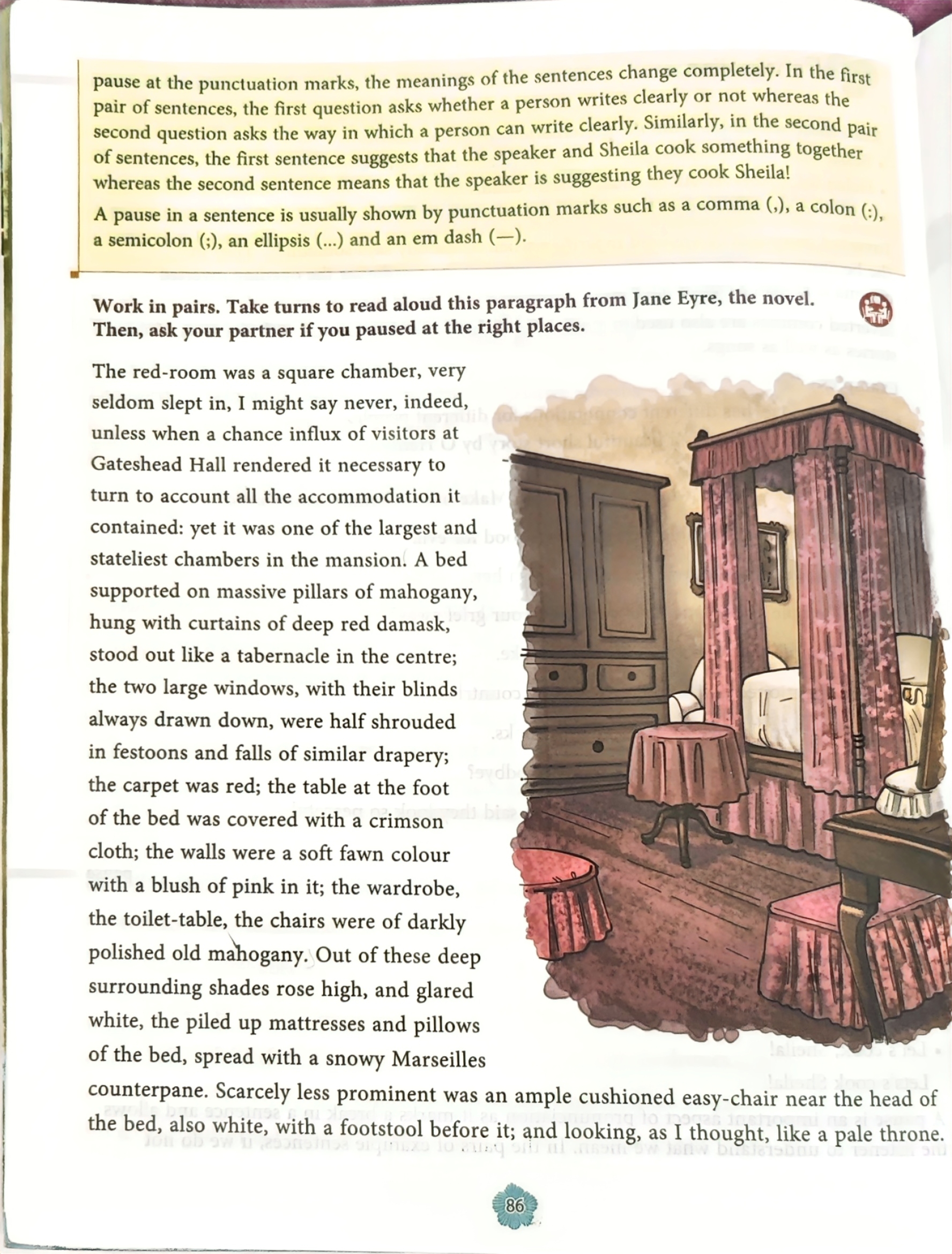Yesterday, I was looking for a topic I knew I’d written about before. But I wasn’t sure if I’d ever published it. So I went searching — through my vault of old drafts, partial posts, abandoned ideas, and half-finished pieces. Organizing that vault has been on my "someday” list for a while now. I keep putting it off.
And then I started reading some of the old drafts. It felt like walking back into a room I used to live in, one I hadn't entered in years. A room that I could navigate with the lights off.
And there it was—the piece I'd been looking for, sitting among all the others I'd abandoned. Which made me wonder: why had I left so many of these unfinished, unpublished?
I’d tell myself I was too busy. That the ideas had gone stale. That I’d moved on. But really, it was a quieter resistance. The kind that doesn’t announce itself but just lingers.
Writing, when it happens in the moment, feels fluid. Like catching a thought before it takes a more concrete shape. Rewriting, though — that’s different. It’s not just editing words. It’s stepping back into the mindset that made them.
That’s when I understood: rewriting isn’t polishing. It’s time travel with consequences.
Reading old writing isn’t just revisiting the words. It’s meeting the person who wrote them. The turns of phrase I thought were clever. The tone I thought struck the right balance. The ideas I believed were solid, maybe even worth sharing.
Sometimes I nod along; sometimes I wince. I catch myself wondering, not “What was I thinking?” — but “Who was I trying to be?”
Rewriting asks for more than a better sentence. It asks what’s changed, not just in how I write, but in what I believe.
Some pieces I revisit and think, “Yeah, I still mean this.” Others… I hesitate. The words are fine, but the person behind them feels distant. And that’s the hard part.
Editing, when it’s honest, isn’t just improving. It’s letting go.
I still don’t love going back. Some drafts feel like fossils. Others feel too close, like they’re still breathing. But I’m learning to treat them with care.
Revisiting those moments isn't just about cleaning them up. It's about listening to who I was, so I can respond with who I am now.
Each one holds a version of me — what I noticed, what I believed, what I thought was worth capturing.
So yes, rewriting is time travel with consequences. And one of them is meeting yourself again...
Banner image is Saint Jerome in His Study by Albrecht Dürer.

